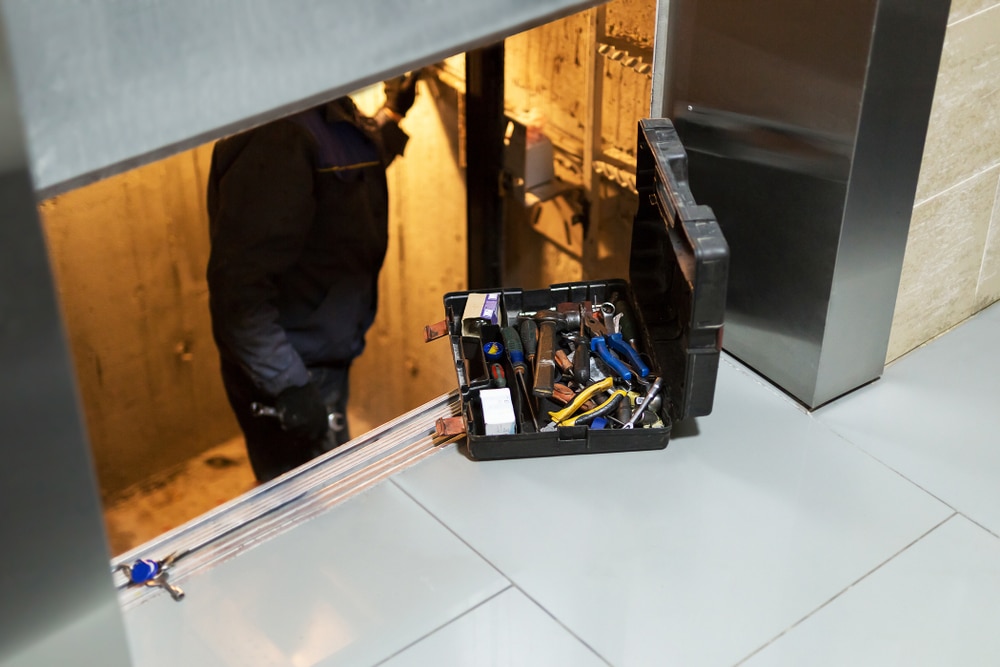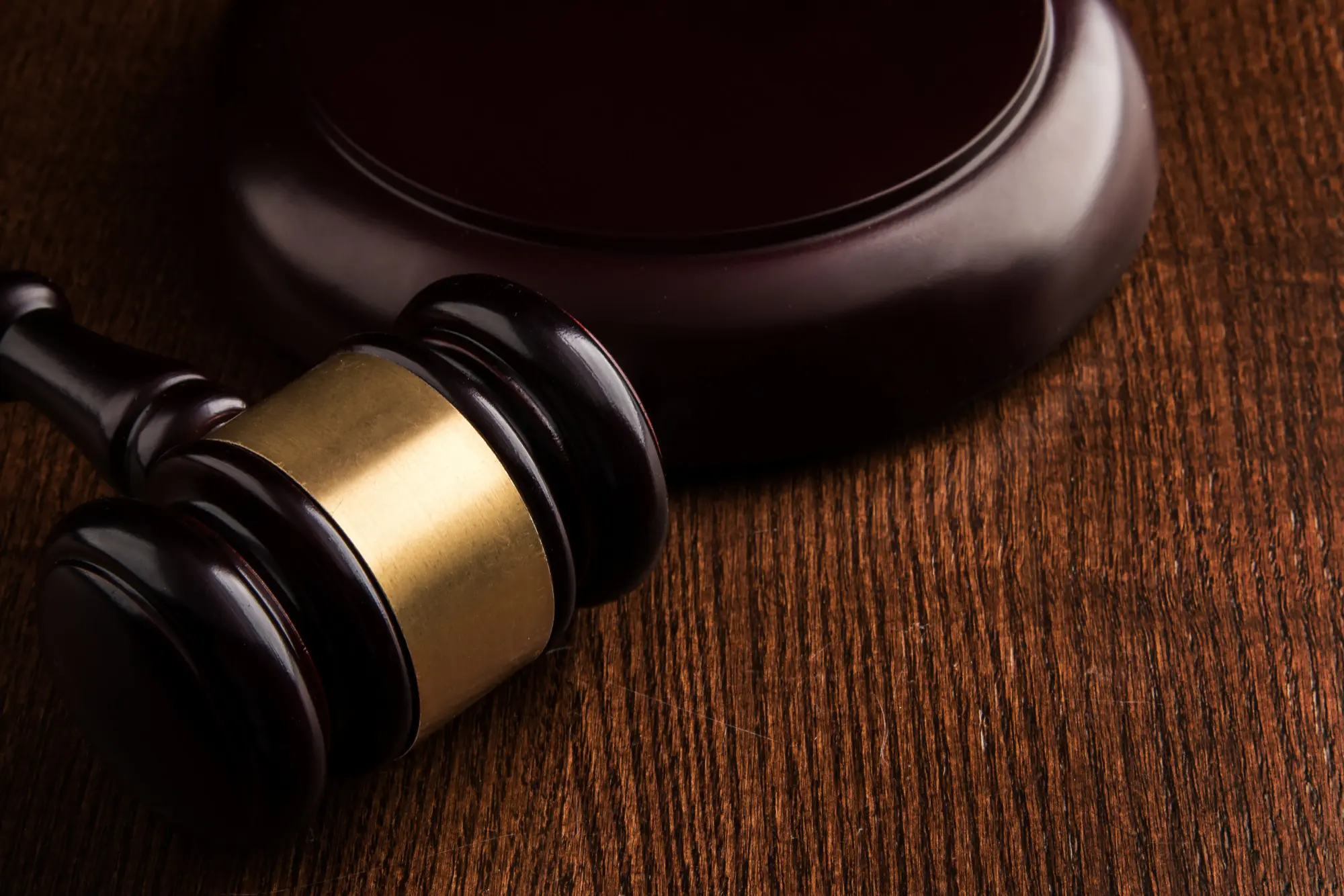Accidents with elevators can result in catastrophic injuries, which raises questions regarding who has the financial responsibility for the incident. For those who have been touched by these situations, it is essential to have a solid understanding of the legal and financial repercussions that ensue.

Liability in Elevator Accidents
When an accident happens in an elevator, the responsibility for accountability typically lies on the property owner or the firm that is responsible for the maintenance of the elevator. These organizations are responsible for making certain that elevators are in good working order and that they are used safely. If they were negligent in their maintenance or oversight, which led to the accident, then they could be held accountable for the injuries and losses that resulted from the accident.
Insurance Coverage
Property owners typically carry premises liability insurance, which covers accidents that happen on their property, including elevator accidents. This insurance is designed to compensate victims for medical expenses, lost wages, and other damages resulting from the accident. However, dealing with insurance claims can be complex and may require legal assistance to ensure fair compensation.
Legal Recourse for Victims
Victims of elevator accidents have the right to pursue legal action against responsible parties. Consulting with an experienced elevator accidents attorney is essential to navigate the legal complexities and maximize compensation. Attorneys specializing in personal injury law can investigate the accident, gather evidence, and negotiate with insurance companies or pursue litigation if needed.
Compensation for Damages
Injuries from elevator accidents can result in substantial financial burdens, including medical bills, rehabilitation costs, and lost income. Compensation sought in legal claims typically covers these economic damages, as well as non-economic damages such as pain and suffering. An attorney can assess the full extent of damages and advocate for fair compensation on behalf of the injured party.
Following an elevator accident, understanding liability and insurance coverage is critical for obtaining financial recovery. Property owners and maintenance companies are responsible for ensuring elevator safety. Victims should promptly seek legal advice to protect their rights and pursue compensation for damages arising from elevator accidents. By taking proactive steps and seeking professional guidance, victims can navigate the legal process effectively and achieve a just resolution.
In Summary
In the event of an elevator accident, determining who pays the bills depends on factors such as liability, insurance coverage, and legal recourse. Seeking the assistance of a skilled attorney can greatly assist in securing rightful compensation and ensuring justice is served for those affected by such unfortunate incidents.


